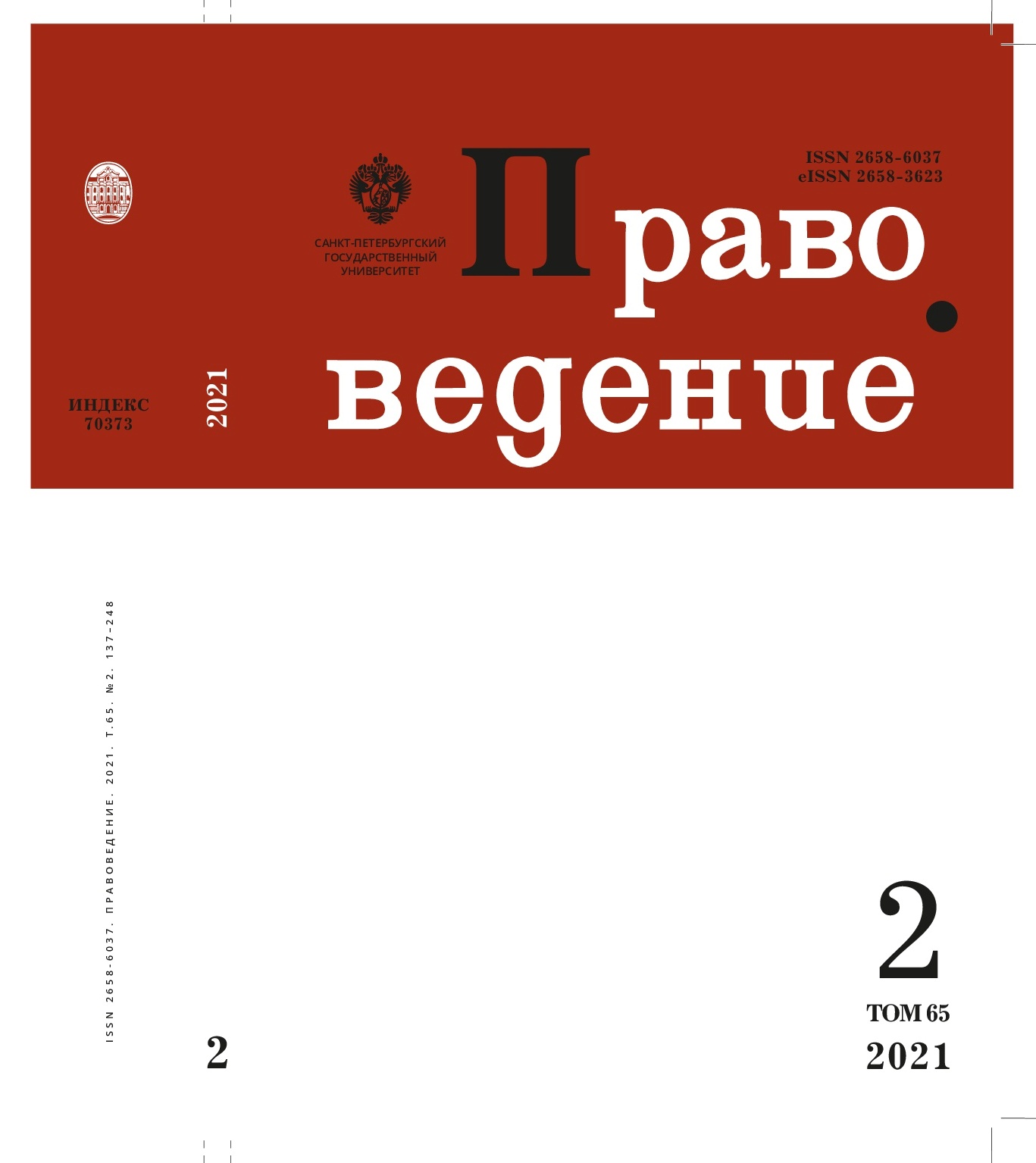Modern Polish family law
DOI:
https://doi.org/10.21638/spbu25.2021.204Abstract
The article describes the main features and elements of Polish family law in all its spheres. Firstly, the system of sources of law is presented, as well as the specifics of the methods of regulating family law are indicated. Attention is focused on the fact that every marriage should be: monogamous, equal, marital, contractual and annullable. In particular, marital equality is a cornerstone of democracy. The constitutional equality of citizens, which is the basis of democracy, is impossible and unattainable when there is any serious inequality between spouses within the family home. Any concept of combining institutional family inequality in the private domestic sphere of the home with the protection of equality of citizens in the public space would sound schizophrenic. In accordance with these legal norms, each couple can freely form their relationships in their family. For example, property relations in the family can be partially changed in accordance with the individual beliefs of the spouses, which are caused by the personal nature of family ties. The author notes that the method of regulating family law relations is somewhat different from the classical, civil law method of regulation, since the norms of family law usually do not provide for the possibility of coercing family members to a certain family behavior. However, the norms do provide for the application of certain sanctions of family law. The autonomy of the method of legal regulation of family law is also based on the fact that some family relations are not always equal — unlike civil law relations — because children are subordinate to their parents. There is an element of administrative law in family law, since parents must protect the well-being of their child, and as a result they are subject to special state control. On the other hand, relations between spouses are always, without any exceptions, based on the principle of equality of mutual rights and obligations of the wife and husband. Further, the following issues are brought to light in the article: the importance of family and marriage, marriage, rights and obligations of spouses, regulation of property relations, the issue of the origin of the child, responsibility of parents, the child protection system, adoption, support, alimony and the obligation to provide maintenance, divorce, separation, and custody of orphans. Particular attention is paid to the influence of the jurisprudence of the European Court of Human Rights on the current evolution of Polish family law.
Keywords:
adoption, alimentation, child’s identity, child’s generic identity, custodian, divorce, private life, surrogation
Downloads
References
Downloads
Published
How to Cite
Issue
Section
License
Articles of "Pravovedenie" are open access distributed under the terms of the License Agreement with Saint Petersburg State University, which permits to the authors unrestricted distribution and self-archiving free of charge.




